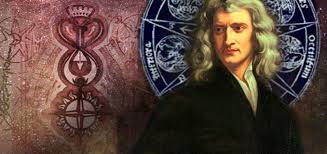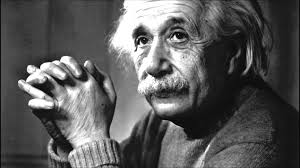Why Study Physics?
For two reasons:
1. Physics is one of the most fundamental of the sciences.
a. Scientists of all majors make use of the ideas of physics.
-
Chemists study the structure of molecules
-
Paleontologists reconstruct how dinosaurs walked
b. The principles of physics play an essential role in our daily life.
-
How human activities affect the atmosphere and oceans
-
Search for alternative sources of energy
c. Physics is also the foundation of all engineering and technology.
No engineer could design any kind of practical devices
-
a DVD player
-
a flat screen TV
- an interplanetary spacecraft
without first understanding the basic laws of physics
2. The study of physics is an adventure.
-
It is challenging
-
Sometimes frustrating
-
Occasionally painful
-
Often rewarding and satisfying
Our physical world has been built by scientific giants:
Questions:
- Why the sky is blue?
- How radio can travel through empty space?
- How a satellite stays in orbit?





